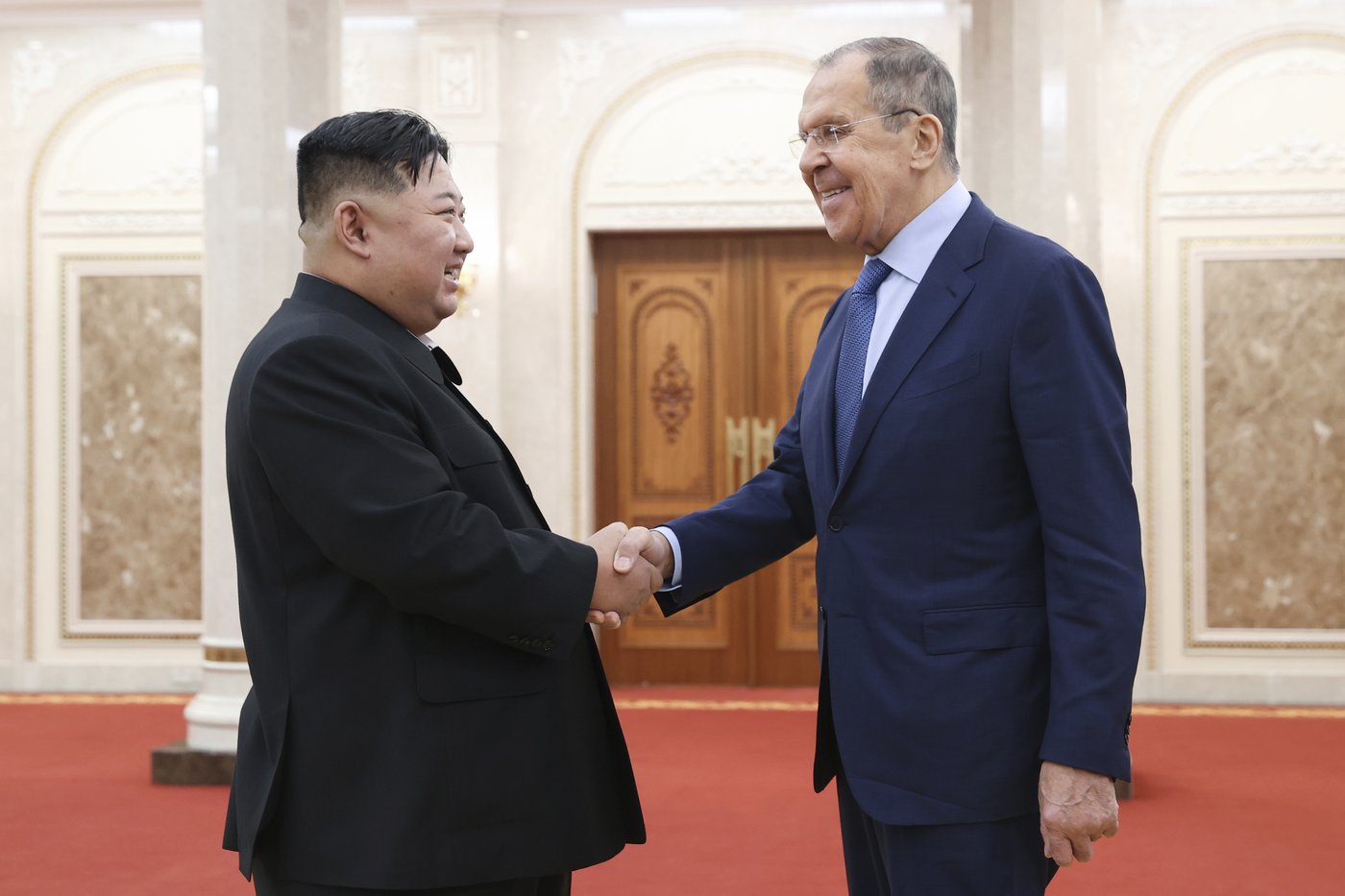Deepening Ties Between North Korea and Russia
Russian Foreign Minister Sergey Lavrov is set to embark on a three-day visit to North Korea starting this Friday, marking another significant step in the growing relationship between the two nations. This move comes amid ongoing tensions in Ukraine, where Russia continues its military operations. While the exact details of Lavrov’s agenda remain unclear, it is expected that he will engage with North Korean officials, potentially including leader Kim Jong Un.
The visit follows a recent trip by Russia’s top security official, Sergei Shoigu, who met with Kim in Pyongyang. During that meeting, North Korea reportedly agreed to send thousands of military construction workers and deminers to assist in rebuilding areas affected by the war in Russia’s Kursk region. South Korea’s intelligence agency has estimated that this deployment could begin as early as July or August.
North Korea has been providing substantial support to Russia’s efforts in Ukraine, including sending combat troops and large quantities of military equipment such as artillery and ballistic missiles. This assistance has raised concerns among international observers, particularly in South Korea, the United States, and Ukraine. These countries have reported that North Korea deployed approximately 10,000 to 12,000 troops to Russia last fall, with an additional 3,000 to 4,000 soldiers sent earlier this year.
Lavrov’s current trip coincides with his attendance at a meeting of the Association of Southeast Asian Nations (ASEAN) in Malaysia. Some analysts in South Korea speculate that Lavrov may use this opportunity to discuss potential future visits by Kim to Russia, further solidifying the alliance between the two nations.
This is not the first time Lavrov has visited North Korea. In June 2024, he accompanied Russian President Vladimir Putin to a summit in Pyongyang, where the leaders signed a strategic partnership agreement. This agreement includes commitments to mutual aid if either country faces aggression.
Previously, both Pyongyang and Moscow denied any involvement of North Korean forces in the conflict in Ukraine. However, in April, both countries simultaneously acknowledged that North Korean soldiers had fought alongside Russian forces to repel a Ukrainian incursion into the Kursk border region. Despite these admissions, the exact number of North Korean troops deployed in Russia remains undisclosed.
U.S., South Korean, and Japanese officials have expressed concerns that Kim might seek major technology transfers from Russia in exchange for continued military support. Such exchanges could significantly enhance the capabilities of North Korea’s military nuclear program, posing a greater threat to regional stability.
As the geopolitical landscape continues to evolve, the deepening ties between North Korea and Russia are likely to have far-reaching implications. The recent visits and agreements between the two nations highlight the complex dynamics at play, with potential consequences for global security and international relations.







